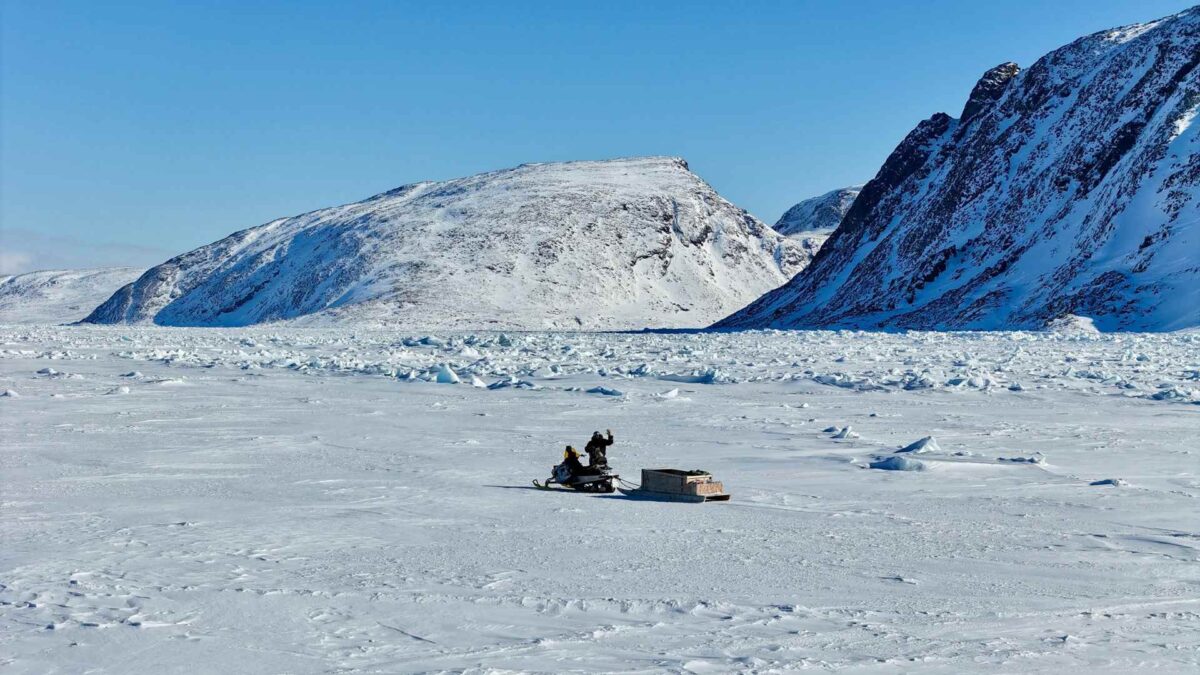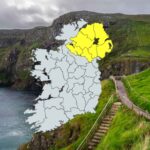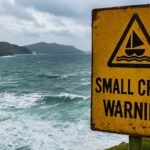
Arctic mission to unlock climate past

A team of 25 scientists will set sail on the Norwegian research vessel R/V Kronprins Haakon this weekend for a month-long mission into the Arctic Ocean to investigate the effects of a seasonally ice-free Arctic.
The expedition, running from August 16th to September 19th, is part of the European Research Council–funded “Into The Blue” (i2B) project. Researchers from Norway, Germany and several other countries will collect geological archives that preserve evidence of Arctic climate during past warm periods about 130,000 and 400,000 years ago.
These interglacial periods saw conditions warmer than today, with the Arctic Ocean free of seasonal sea ice. By analysing high-resolution sediment cores from multiple sites, the team hopes to reconstruct temperature, sea ice extent, oceanography and ecosystem changes during those times. The findings will be compared with modern observations to assess whether similar changes could occur in the coming decades.
Summer ice melt in the Arctic now starts earlier and lasts longer each year, with projections suggesting ice-free summers before 2050. Scientists warn that such a shift could trigger marine heatwaves, ecosystem changes, altered weather patterns, methane release, and increased geopolitical competition in the region.
The i2B project is led by UiT The Arctic University of Norway, the Alfred Wegener Institute in Germany, NORCE Climate and Environment in Bergen, and the University of Bergen. Expedition co-chief scientists Jochen Knies and Stijn De Schepper say the mission could offer vital insights into how the Arctic responds to warming, and whether the planet is approaching a new tipping point.
The expedition can be followed online at https://arcg.is/0favaf0.
Share this WeathÉire story:







